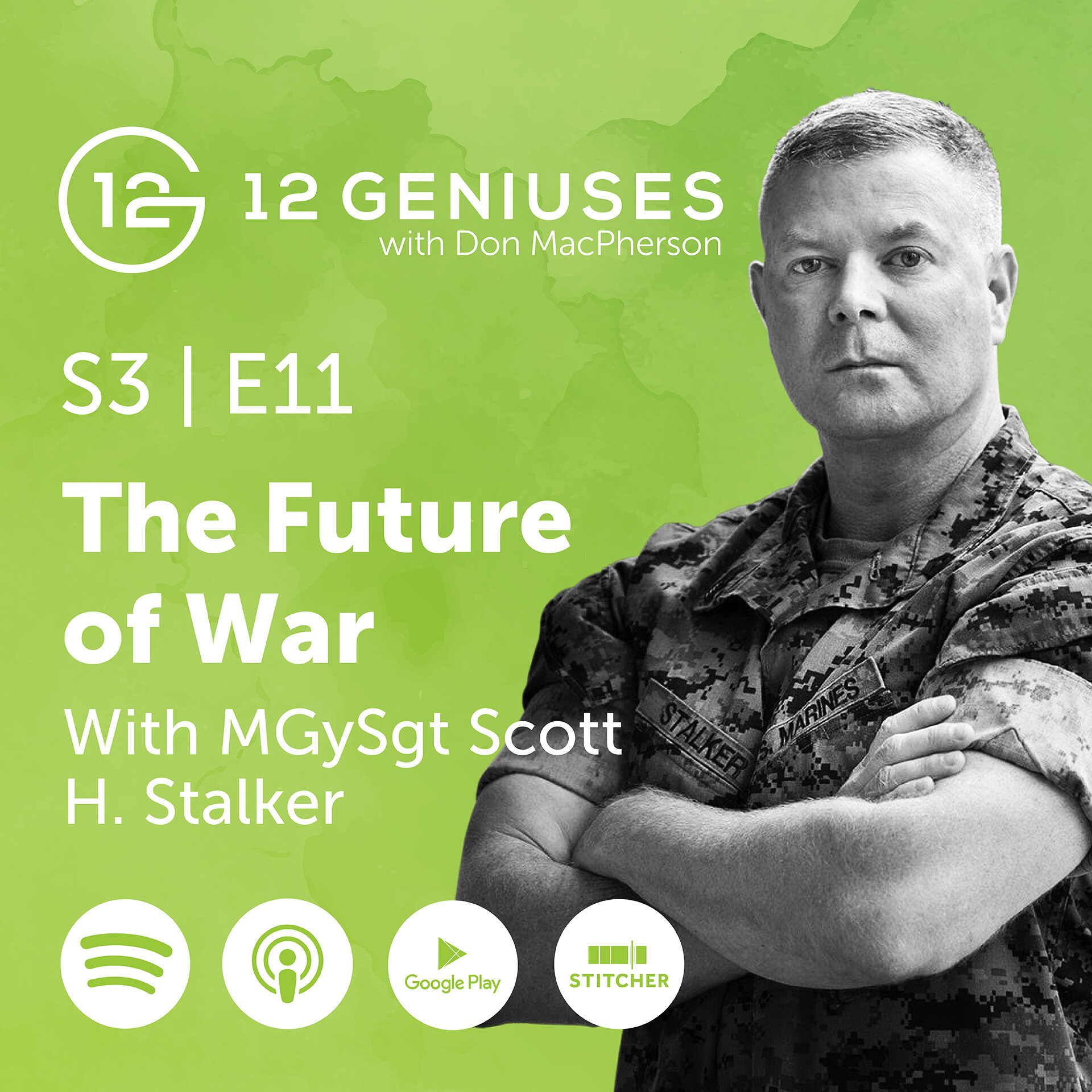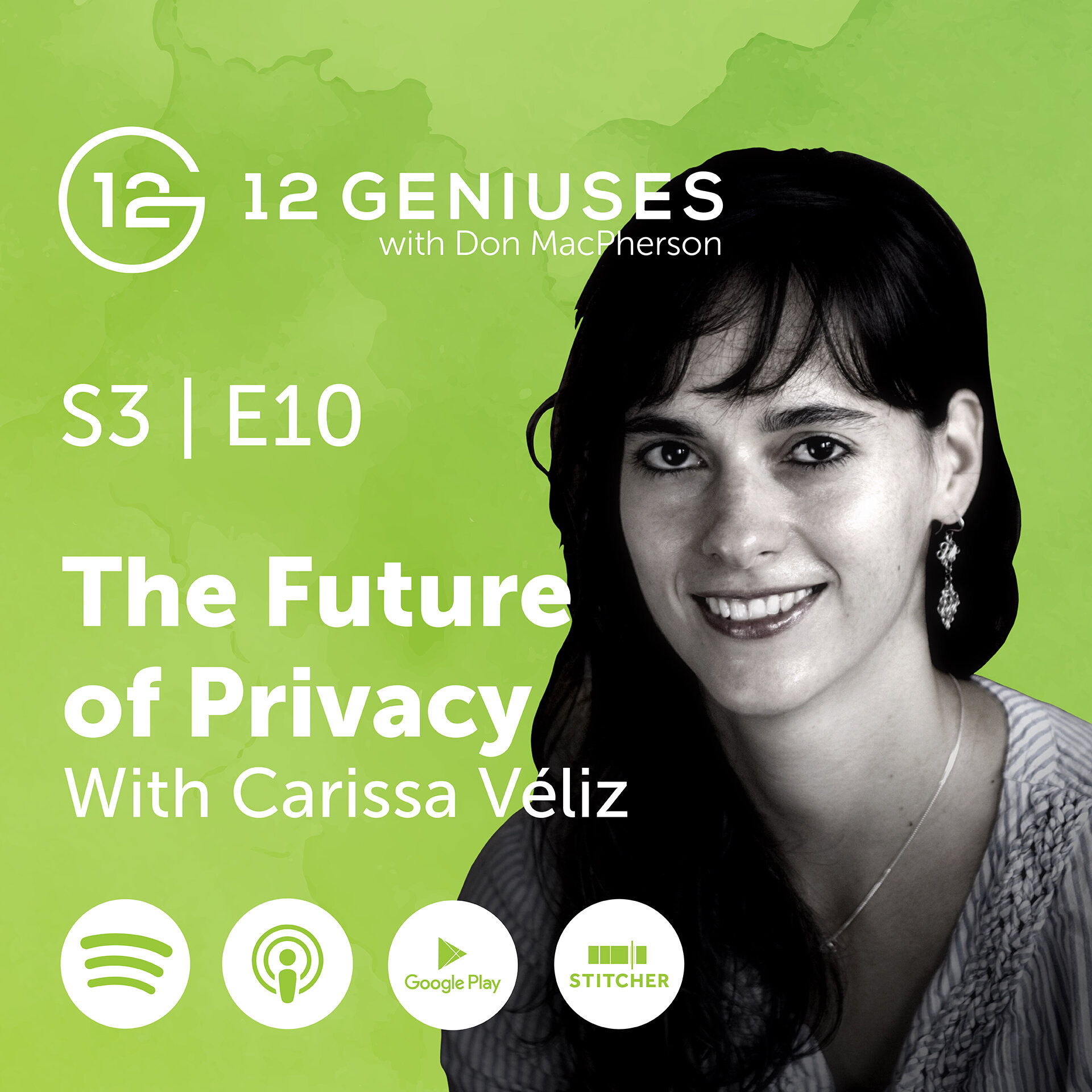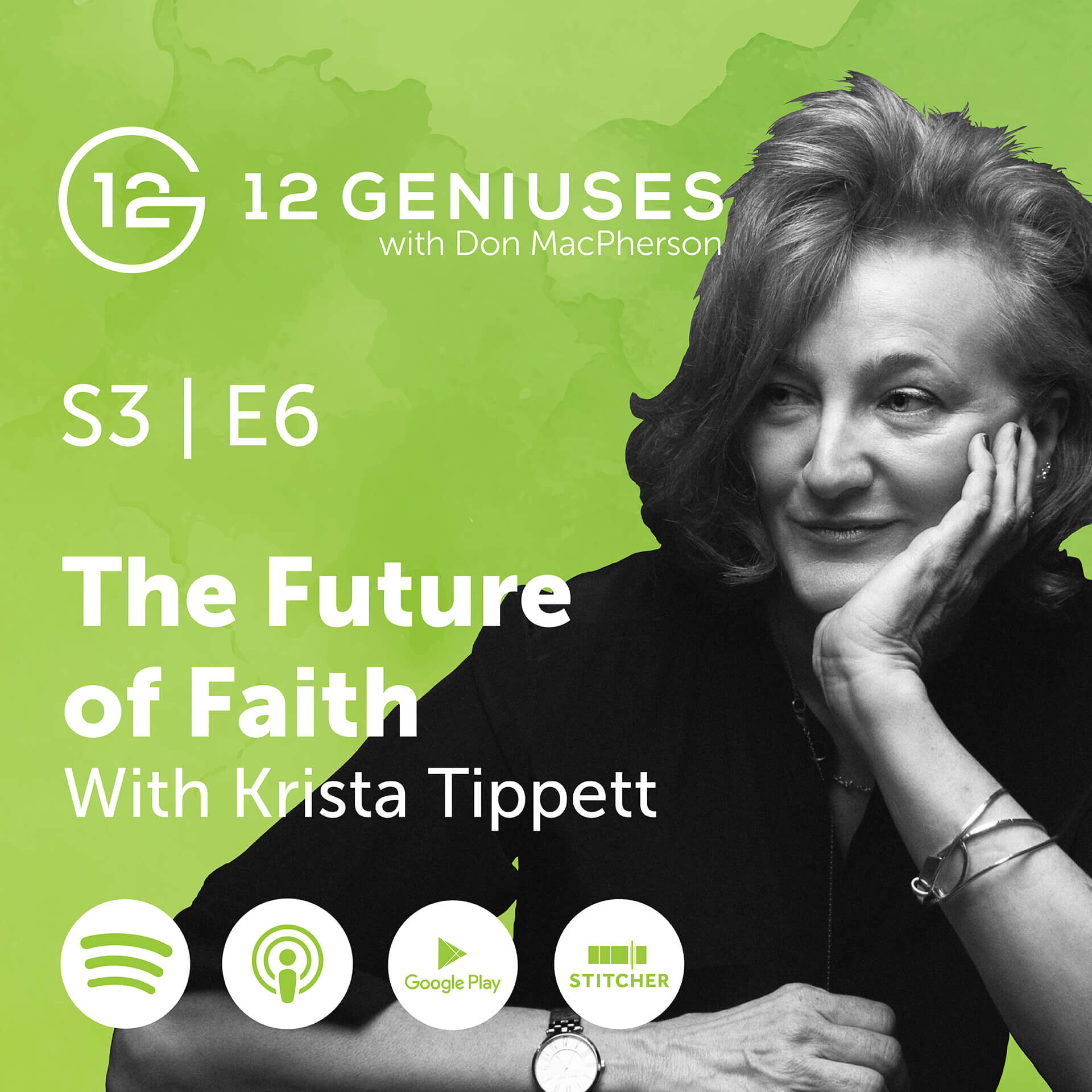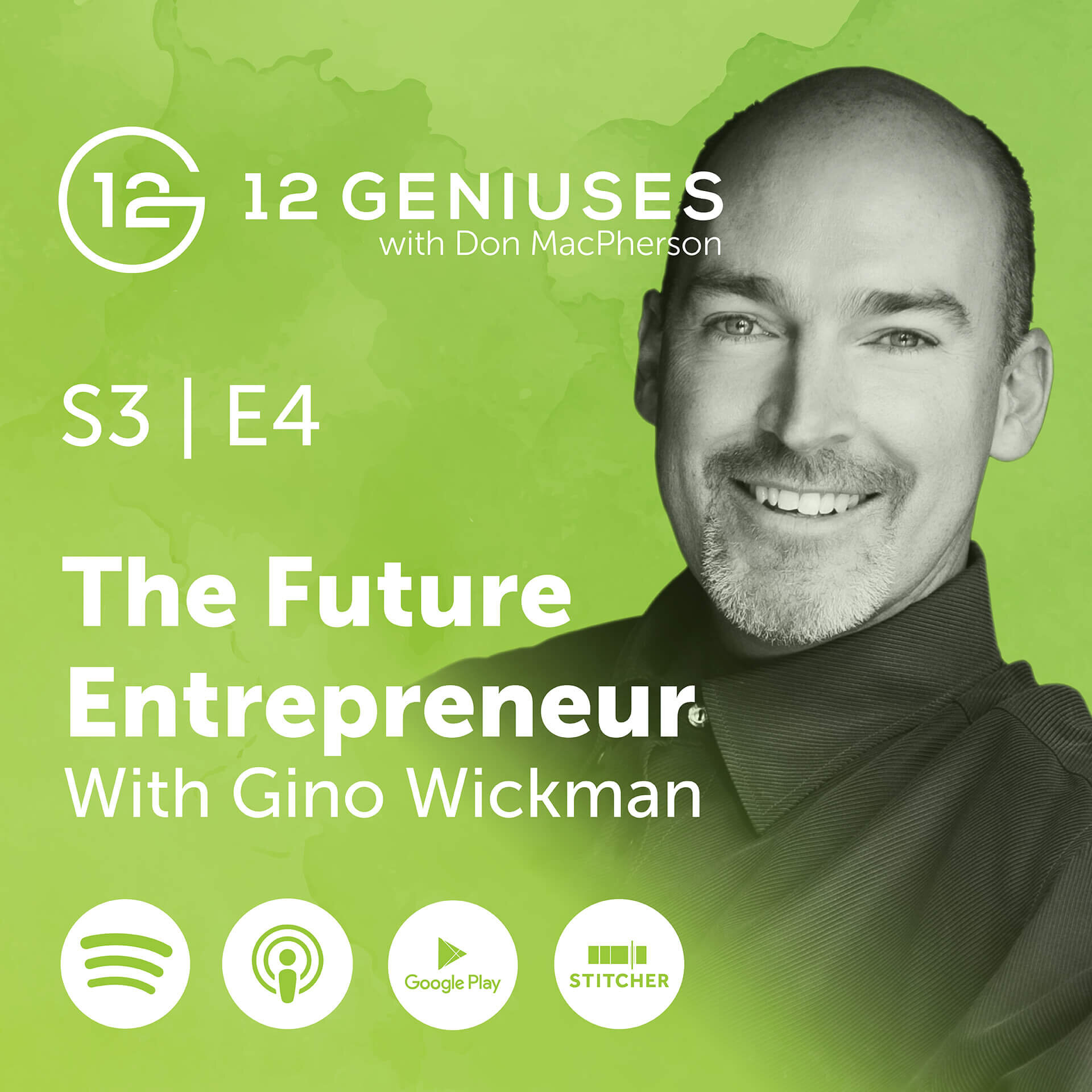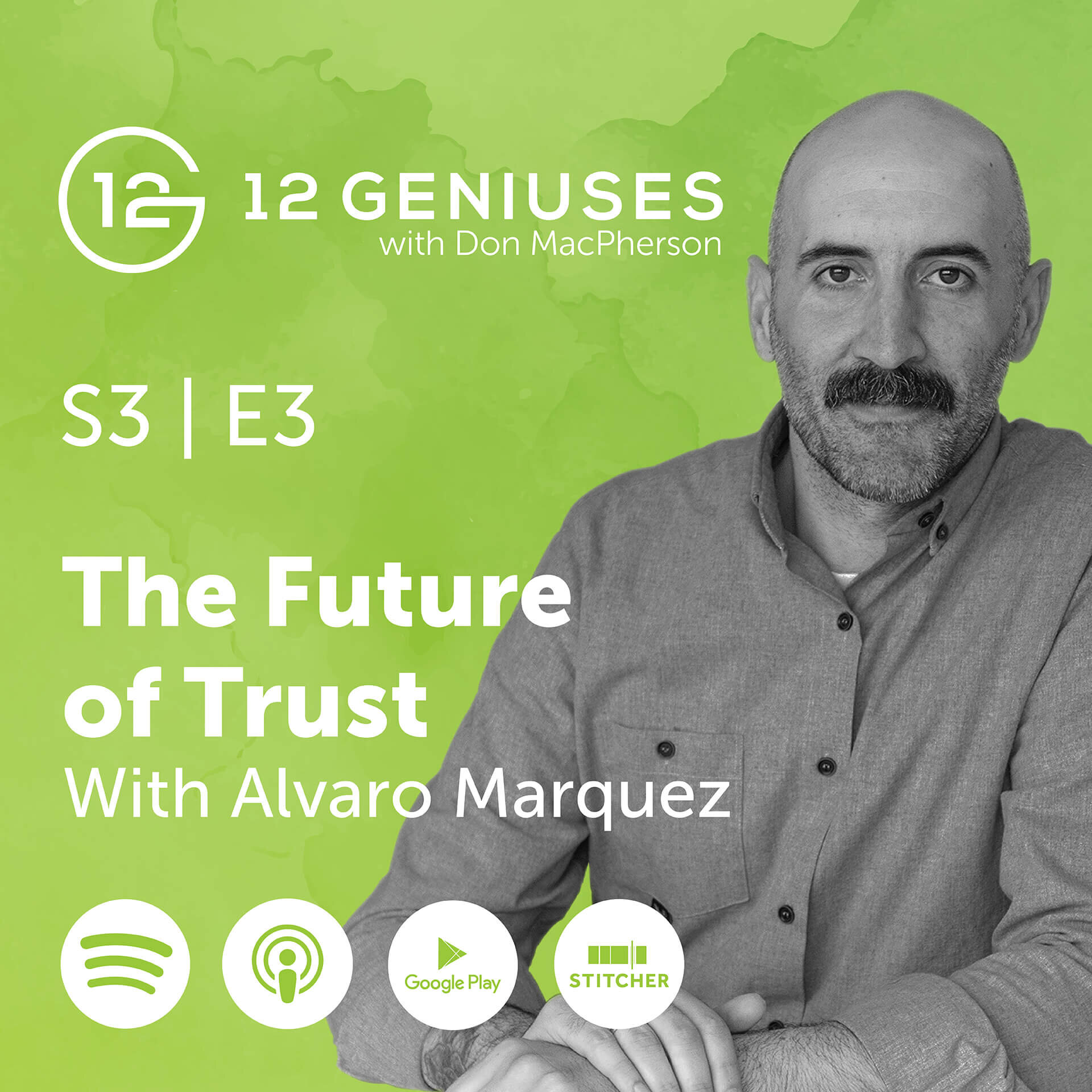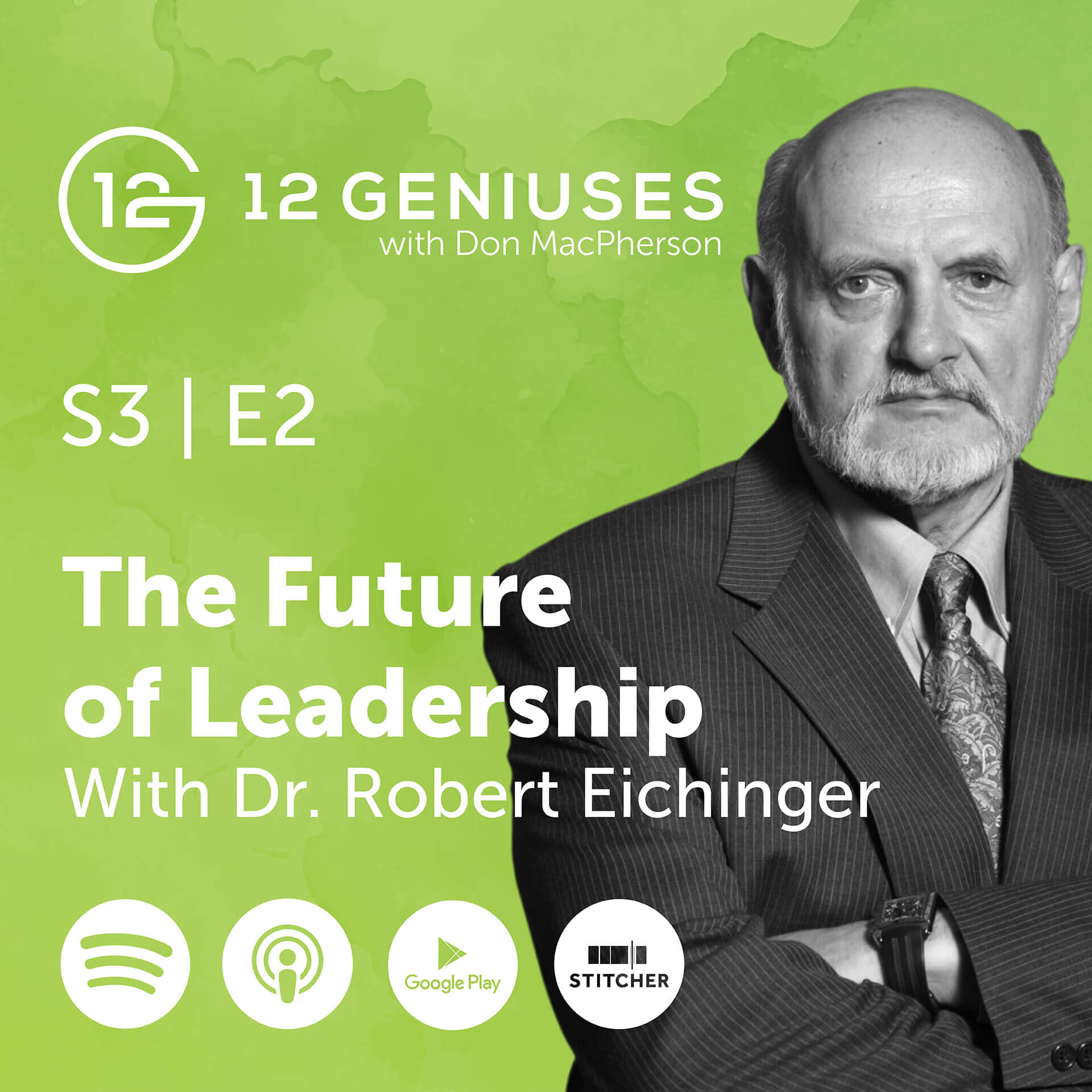On the morning of September 11th, 2001, the United States experienced a terrorist attack that changed everything. While travel, immigration, and international relations were all significantly altered, one change that many of us don’t know about is the way law enforcement monitors, apprehends, and prosecutes terrorist activity.
In this interview, Don MacPherson is joined by Harry Samit. Harry is a former FBI agent who served on the Joint Terrorism Task Force in Minneapolis. He was an integral member of the team of agents who tried to stop the 9/11 attacks. They discuss the events leading up to 9/11, including the arrest and investigation of al-Qaeda operative Zacarias Moussaoui. They also explore how terrorism is still expressed around the world today and the threats the U.S. faces from foreign and domestic terrorists. Harry shares his perspective on how counterterrorism will evolve and the ways in which agencies will change in order to monitor suspicious behavior in the United States.
Harry Samit is a former United States Navy Naval Intelligence Officer. After his Naval career, Harry spent 21 years in the FBI and was a founding member of the Minneapolis Joint Terrorism Task Force. In the months and years following the attacks on 9/11, Harry was also a key figure in analyzing ways to prevent future terrorist attacks.
Read More

